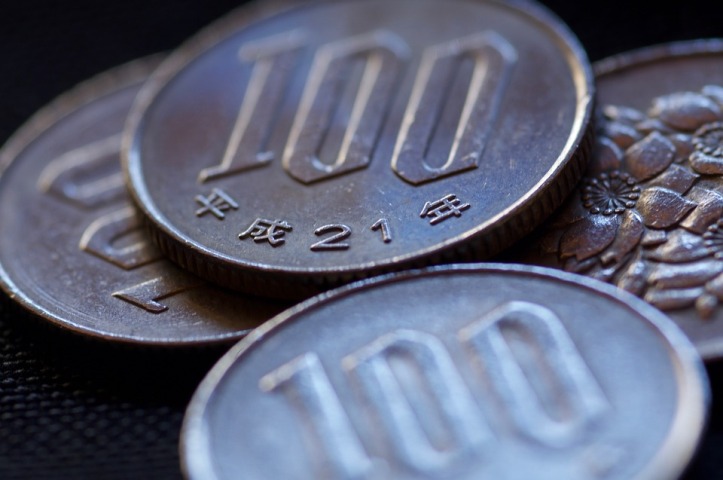FOREX-Yen repairs some damage as dollar power-charge relents

- Country:
- Japan
Japan's yen bounced sharply in early European trading on Friday, as traders swooped back into the currency after its worst four-day run in over two years. The Japanese currency had lost 2% against the dollar in the previous two days alone as worries about the impact of the coronavirus on Asia had spread, but its early burst in London left it up 0.5% on the day at 111.5 yen.
"Traditionally, the support for the yen comes from two sources, general risk-off sentiment and a move to safe-haven bonds," said Saxo Bank's head of FX strategy John Hardy. The week's dramatic slide, though, has raised more fundamental questions about the yen's reputation as a safe harbour when FX markets get stormy.
"The question is whether recent dollar/yen spike higher could be a one-off move triggered by order flows and algorithm trading or whether it is something else. This is a very interesting test of whether we are seeing regime change." Manufacturing activity in Japan suffered its steepest contraction in seven years this month, highlighting the widening global fallout from the virus outbreak in China, a private business survey showed on Friday.
The other side of the move has been a huge charge from the dollar, which has had its strongest start to a year since 2015. It was down 0.2% against the major currencies by 0915 GMT but that came after the closely-tracked dollar index had touched a three-year peak overnight.
The euro has been shoved down to a near three-year low, Australia's dollar traded at an 11-year low of $0.66 overnight and China's tightly-managed yuan was sitting at a two-month low of 7.0286 per dollar. The tourism-exposed Thai baht has dropped 5.5% this week while the Korean won and Singapore dollar have shed more than 4%. Mexico's peso has been ripped down 2.5% too have been holding up relatively well recently.
"New cases in (South) Korea and in Japan, (have) obviously given some people a few cold feet regarding Japan and the yen as a safe haven," said David Bloom, global head of FX at HSBC. "They're thinking: 'Maybe Swissy and gold are better'. So there is a little bit of scratching of heads, there's no doubt about it," he said, adding he was not yet prepared to abandon the idea of the yen as a safety play.
The day's other focus for Europe was a blizzard of purchasing managing index data which due to their forward-looking nature are seen as one of the better indications of current economic conditions. The euro saw a modest rise to $1.0817 to the dollar after IHS Markit's Euro Zone Composite Flash PMI rose to 51.6 in February beating all forecasts in a Reuters poll which had a median prediction of 51.0.
Anything above 50 indicates growth. "The eurozone economy managed to pick up some momentum again in February despite many companies having been disrupted in various ways by the coronavirus, which caused supply problems," said Chris Williamson, a chief business economist at IHS Markit. (Additional reporting by Tom Westbrook in Singapore; Editing by Tom Arnold and Kim Coghill)
(This story has not been edited by Devdiscourse staff and is auto-generated from a syndicated feed.)
- READ MORE ON:
- Japan
- European
- London
- Asia
- FX
- Chris Williamson
- Singapore
- China
- Australia
- Mexico
- IHS Markit
- Tom Westbrook
- HSBC
ALSO READ
Israeli explanation for aid workers deaths 'not good enough', Australia PM says
Treasury secretary heads to China to talk trade, anti-money laundering and Chinese 'overproduction'
Ex-Marine facing extradition in Australia says wasn't US citizen at time of offence
Treasury secretary heads to China to talk trade, anti-money laundering and Chinese ''overproduction''
Soccer-Australia leave Bayern-bound Irankunda out of Olympic qualifiers squad










